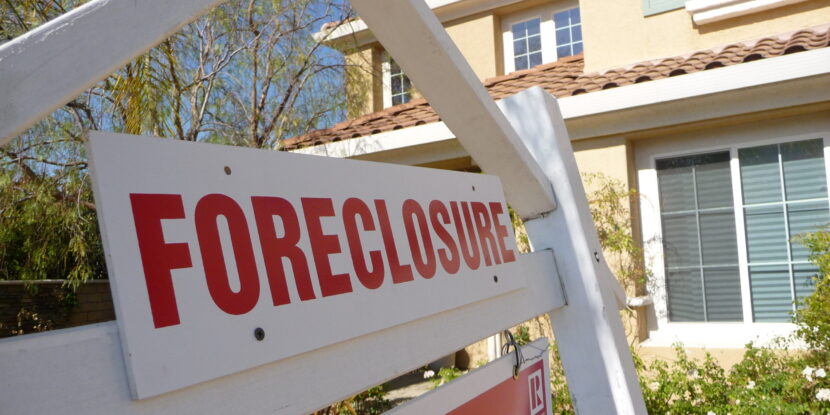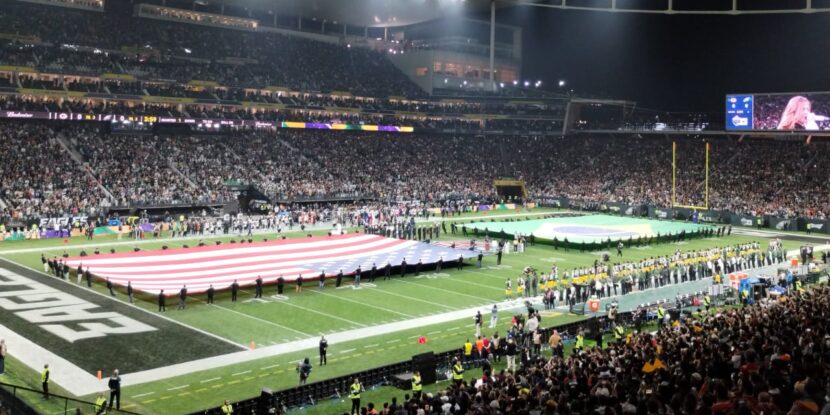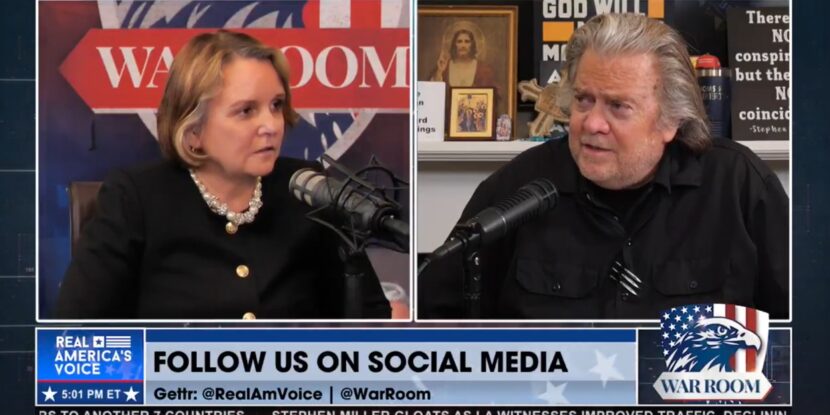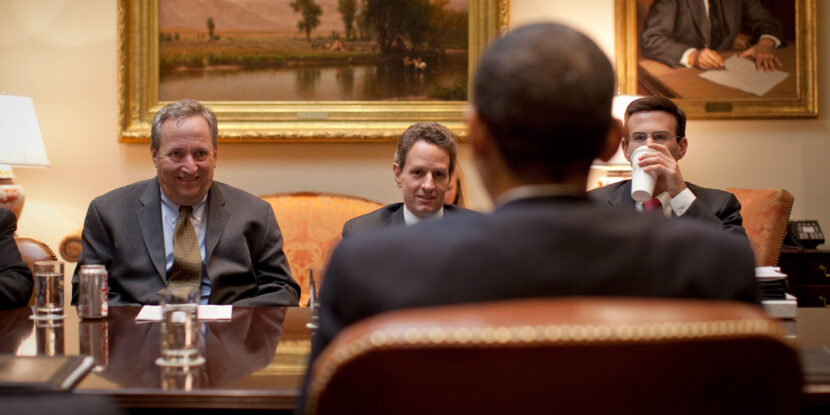❓WHAT HAPPENED: President Donald J. Trump has proposed introducing 50-year mortgages to lower monthly payments and help Americans enter the housing market, but critics warn of potential financial risks.
👤WHO WAS INVOLVED: President Trump, Federal Housing Finance Agency (FHFA) Director Bill Pulte, and Moody’s economist Mark Zandi.
📍WHEN & WHERE: The proposal is in early stages as of November 2025, with discussions ongoing in the U.S. housing and financial sectors.
💬KEY QUOTE: “All it means is you pay less per month. You pay it over a longer period of time. It’s not like a big factor.” – Donald Trump
🎯IMPACT: Economists warn that 50-year mortgages could increase total interest costs, limit equity growth, and exacerbate housing supply issues, potentially driving up home prices. However, many other countries around the world offer 50 to 100-year mortgages, while the United States is relatively unique in the widespread use of the 30-year mortgage.
President Donald J. Trump‘s proposal to introduce 50-year mortgages has sparked debate among economists and housing experts. While the goal is to make monthly payments more affordable for Americans, critics argue that the extended loan term could lead to financial drawbacks. Mark Zandi, chief economist at Moody’s Analytics, warned that borrowers would struggle to build equity and face greater risk of default due to limited financial cushioning.
While the United States has not seen the use of 50-year mortgages in any meaningful sense in the past, many countries around the world allow the offering of 50-year and even 100-year mortgages. The United Kingdom allowed lenders to be begin offering 50-year mortgages in August 2022. Both Japan and Switzerland still allow the offering of 100-year mortgages. In fact, the United States is relatively alone in its use of the 30-year mortgage, with most countries using the 50-year instead.
However, Moody’s Zandi claims that interest rates on such loans would likely be “significantly higher,” reducing potential cost savings. Similarly, Joel Berner, a senior economist at Realtor.com, noted that a 50-year mortgage could nearly double the total interest paid compared to a 30-year mortgage. “The ‘savings’ from 50-year mortgages may be totally negated by rising home prices,” he said.
Supporters of the plan, including Federal Housing Finance Agency (FHFA) Director Bill Pulte, argue that it could be a “game changer” for Americans struggling to enter the housing market. A recent survey suggests that prospective homebuyers—especially younger generations—are open to a 50-year mortgage.
The data shows that 45 percent of Americans would consider a 50-year mortgage, with the figure rising to 54 percent among millennials. Eric Zwick, an associate professor of finance at the University of Chicago, stated, “Honestly, I kind of think it’s a fine idea. It’s not obviously so different from a 30-year fixed mortgage.”
Join Pulse+ to comment below, and receive exclusive e-mail analyses.




















